Introduction to White Metal Bearings
White metal bearings are a pivotal component in various mechanical systems, offering a reliable means to reduce friction between rotating shafts and stationary support structures. These bearings are typically crafted from an alloy known as Babbitt metal, which is characterized by its excellent conformability and embeddability, making it ideal for applications where minimal friction is crucial.
Materials and Composition
The construction of white metal bearings involves a meticulous process where the choice of material is paramount. The alloy used in these bearings often contains a mixture of tin, copper, and antimony, providing a delicate balance between strength and malleability. This composition ensures that the bearings can withstand the demands of heavy loads while maintaining their integrity under high-speed conditions.
Types and Applications
There is a diverse range of bearing types available to suit various industrial needs. From flanged bearings, which are essential for high axial loads, to sleeve bearings that excel in high-temperature environments, each type serves a unique purpose. The versatility of white metal bearings means they are integral to industries such as power generation, mining, and marine engineering, where they play a critical role in the functionality of turbines, electric motors, and gearboxes.
Features and Advantages
The features of white metal bearings are numerous, including their ability to operate under thin film conditions and their compatibility with a wide range of lubricants. Their design allows for excellent heat dissipation, which is crucial in maintaining the longevity of both the bearing and the machinery it serves. One of the key advantages of these bearings is their adaptability; they can be easily tailored to meet the specific requirements of an application, whether it's a standard or a custom size.
Selection Considerations
When selecting the appropriate bearing material, it is essential to consider factors such as load capacity, speed, and the environment in which the bearing will operate. White metal bearings are particularly beneficial in settings where noise reduction is important, as they tend to operate more quietly than their counterparts made from other materials.
Maintenance and Sustainability
Maintenance of white metal bearings is straightforward, contributing to their sustainability. Their ability to be reconditioned and reused aligns with environmentally conscious practices, as it reduces the need for frequent replacements and minimizes waste. Proper maintenance ensures that these bearings can provide a long service life, making them a cost-effective solution for many industrial applications.



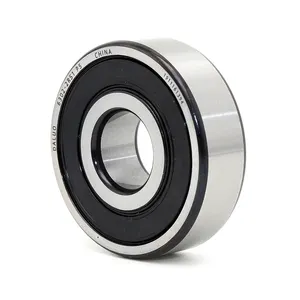

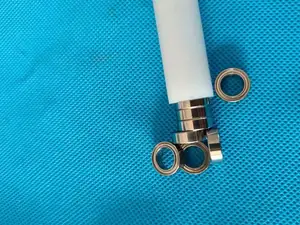

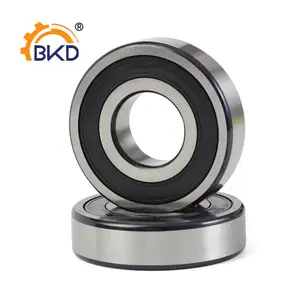








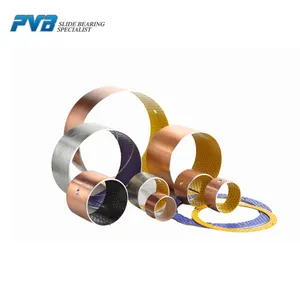
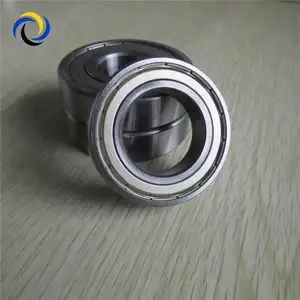

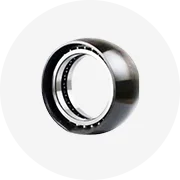




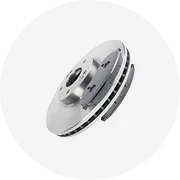










 浙公网安备 33010002000092号
浙公网安备 33010002000092号 浙B2-20120091-4
浙B2-20120091-4